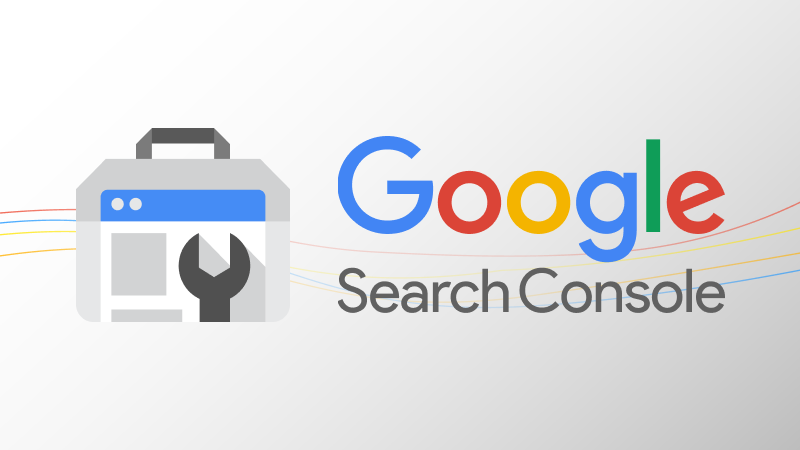
Picture this: Your nonprofit just launched an amazing new impact page to support your Giving Tuesday campaign. You've designed the perfect landing page with clear calls-to-action and a responsive donation form. But two weeks in, you haven’t gotten any new donors! You search for “[your organization’s niche] Giving Tuesday” on Google, scroll through three pages of results, and... where are you? Meanwhile, your colleague casually mentions that people keep landing on your outdated holiday giving page from last December.
If this scenario feels a little too familiar, you're not alone – and there's a free tool that can help. Enter Google Search Console — your window into how Google sees (or sometimes overlooks) your nonprofit's website. Let's explore how this powerful tool can help ensure your message reaches the right audience, and prevent your holiday giving page from haunting you year-round.
Google Search Console is your direct line of communication with Google Search. It's like having a behind-the-scenes look at how Google sees and presents your website to potential users, volunteers, and donors. This tool shows you exactly what search terms are leading people to your site, how well your pages are performing, and any technical issues that might be holding you back from success.
When people want to help or get involved with causes they care about, their journey often starts with a Google search. SEO is your ticket to being discovered by these potential supporters. Consider this — most people never look past the first page of Google search results (when was the last time you were on the 3rd page of results?) By optimizing your presence on Google, you're making it easier for people who want to support your cause to find you.
Setting up Google Search Console is simpler than you might think. In order to use it, you’ll need to verify with Google that you own the site you’re trying to get data for. There are several ways to accomplish this, but choose the method that works best for your organization – many website hosting providers have step-by-step guides for these verification methods.
Once verified, it will take Google a few days to collect data about your site and you'll soon have access to valuable insights about your website's performance.
Once set up, Google Search Console becomes your window into how your website performs in search results. The insights you'll gain fall into three key areas that help you understand and improve your site's visibility.
Google Search Console isn't meant to work in isolation – it's designed to complement and enhance your existing marketing efforts. While you might already be using Google Analytics to understand how visitors interact with your site, Search Console adds another layer of valuable insight by showing you how these visitors find you in the first place. This combination helps you build a complete picture of your user journey, from an initial search to a final interaction with your organization.
Your content team will find Search Console particularly valuable for understanding the language your audience uses when searching for causes like yours. This insight is invaluable for crafting more effective messaging that resonates with potential supporters. For example, you might discover that while you use technical terms to describe your programs, your audience searches using simpler, more conversational language. This knowledge allows you to bridge the gap between your messaging and your audience's natural way of searching for information.
On the technical side, Search Console serves as an early warning system for your development team. Rather than waiting for supporters to report issues with your website, you'll receive alerts about potential problems before they impact your visibility. This proactive approach to website maintenance ensures that technical issues don't stand between your organization and potential supporters. Whether it's a slow-loading donation page or a mobile formatting issue, you'll know about it quickly and can take action to resolve it.
Hopefully you now know how Google Search Console helps you transform your approach to digital marketing. Here's how to get started:
Remember, improving your online visibility isn't about competing for attention or raising a score with a web platform — it's about making sure the people who need your services or want to support your cause can find you. Google Search Console is your free ticket to understanding and improving how your nonprofit appears in search results. And who knows? The next time someone searches for Giving Tuesday organizations in your area, you might just be at the top of page one.
Are you in need of help configuring Google Search Console for your Nonprofit? Are you looking to take your nonprofit's digital marketing efforts to the next level in 2024? Tapp Network is here to help you achieve your goals. As a digital marketing agency specializing in working with nonprofits, we understand the unique challenges and opportunities that the nonprofit sector faces.
Schedule a consultation with us today and take the first step towards transforming your digital presence.

Julian is a strategic digital marketing developer specializing in creative solutions for web, marketing, and online media. He works closely with a wide variety of clients to solve problems while considering their budgets, workflows, and future goals. Off the clock, Julian is a writer and spends time taking care of trees in Philadelphia.